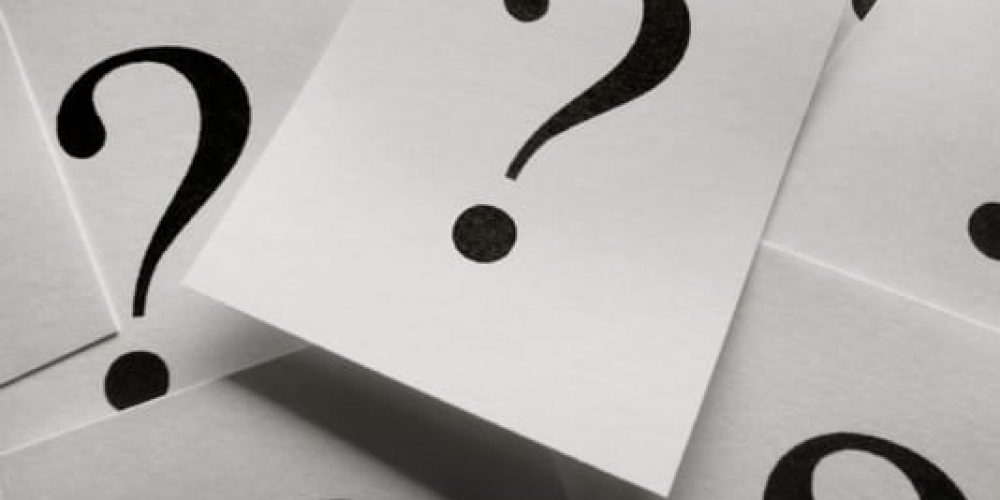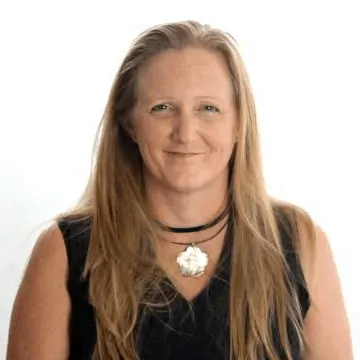What’s the Big Deal?
So, you want to know: Why won’t therapists answer personal questions? What’s the big deal? You just want to know if they saw the game last weekend. As a psychotherapist in South Tampa, I am often confronted with this question.
Here’s Why
The practice comes from a long history of a belief in the idea that a therapist is a “blank slate” for you to project ideas onto. Not that I believe it is possible for a person to truly be a “blank slate,” but for the purposes of explanation, stay with me.
The less “factual” information a therapist provides you, the more you have to “make things up” about them. You might start leaving out the juicy details of a story because you think they might judge you. You think they look too much like a newscaster to be able to understand your kinky sex life. There is no way you’re going to tell them about that nasty joke you can’t stop thinking about that your best friend told you last week. You want to know if they can relate to you. How can they help you if you have nothing in common? If you only knew that they watched sports, or liked the same shows as you, or liked dogs, it might be easier to talk to them.
Of course, your therapist could answer your questions. You’re right, it’s really no big deal. Then why don’t they? Simple answer: They don’t because therapy is about you. It is not about them. The answer they give you means absolutely nothing to the progress of you being your most authentic, confident, expressive self. In fact, by telling you something, even something simple, you have information that can ultimately inhibit the process of you being your most authentic, confident, and expressive self.
Seems Rude
If you want a therapist to answer a question, simple or meaningful, be prepared for the response, “why do you ask?” Or, be ready for a smile along with no answer. It might seem rude. Or it might seem stupid. It might even feel infuriating. All of those experiences are valid.
But more important than the answer to your question is:
-
- How you felt about the refusal.
- What you wanted to know, at a deeper level, by asking the question. You may not think you have feelings about it or that there was a “deeper” meaning. Be prepared for your therapist to insist that you do and that there is.
It is 100% About You
You are doing therapy to find out about yourself in ways you do not already know. You are not there to confirm things you already know about yourself. A good therapist is patiently waiting to find out who you are as you slowly reveal yourself. When they answer questions about themselves, they slow that process down. Obviously, you want to know that you have a good therapist, and finding one is important. I recommend following these guidelines to do so. Once you are in therapy, be ready for it to be all about you.
Don’t feel like it’s all about you?
Give me a call. We’ll talk.

Contact me now to set up your free 15-minute phone consultation.








